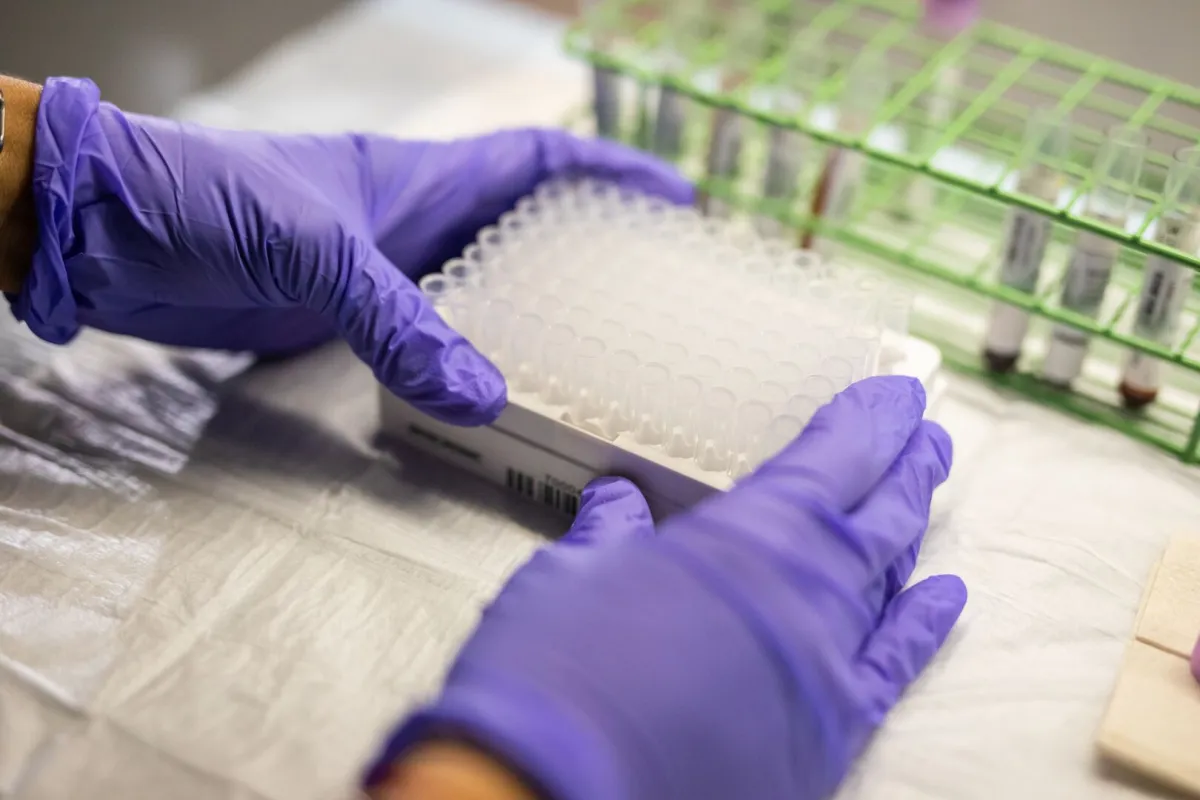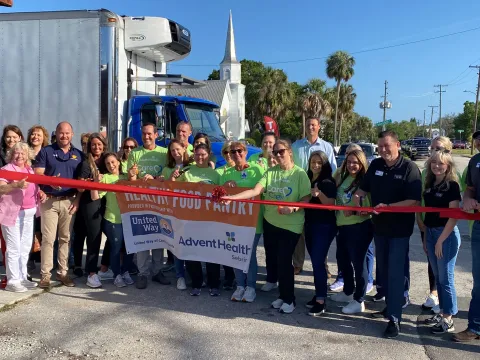- AdventHealth

Mpox, the virus formerly known as monkeypox when it appeared on the U.S. scene in May 2022, lost its classification as a public health emergency on Jan. 31. That designation was bestowed in early August 2022, as the number of confirmed cases continued to climb. On Aug. 6, the seven-day daily average peaked at 460, according to the CDC. On March 1, that average stood at one.
While the disease may no longer be grabbing headlines, misconceptions about the virus persist. In an interview with Health Digest, Vincent Hsu, MD, infectious disease specialist and infection control officer for AdventHealth, addressed the lingering myths:
Myth: Mpox is over and I’m not at risk.
Fact: While the mpox outbreak has subsided and risk of infection is much lower now, there are still infections that are being transmitted to others.
Myth: If I am at risk, there’s no longer a need for me to get a vaccine.
Fact: Because the outbreak is not eradicated, people at risk of getting mpox should still reduce their risk by getting vaccinated.
Myth: I can’t transmit mpox if I have no symptoms.
Fact: We have learned more recently that transmission can occur even before the onset of symptoms such as fever or rash. However, we have not seen evidence of transmission if you never develop any symptoms later.
Myth: If I don’t notice symptoms soon after I know I’ve been exposed to mpox, that means I haven’t contracted it.
Fact: It can take three weeks or more after exposure to develop symptoms, and the time period just before and during symptoms is when you are at greatest risk of transmitting to others.
Myth: I can get mpox through casual contact.
Fact: Mpox is spread through close personal, usually skin-to-skin contact, and sexual contact, but not through casual contact.
"We have learned many new things about mpox over the course of this outbreak," Dr. Hsu said. It is still important, he suggested, to stay up-to-date on the latest information regarding the illness. "Keeping close tabs on the latest developments provided through reliable and trusted sources such as local public health agencies and the CDC will aid in debunking myths and controlling the spread of mpox,” Dr. Hsu said.
"Understand what your risk is,” he added. “If you're in a high-risk group, pay attention to sources of close contact. Recognize that symptoms — fever, malaise, headache, rash — could be indicative of a number of things. Immediately speak with your health care provider, seek care and get tested."
Recent News

Final steel beam marks key step in AdventHealth Daytona Beach expansion
Local leaders, officials, and construction workers gathered today to commemorate a major milestone in the expansion underway at AdventHealth Daytona Beach: placing the final steel beam.

Orthopedic surgeon returns to AdventHealth
Dr. Jeffrey Keen, a board-certified orthopedic surgeon specializing in adult reconstruction, orthopedic surgery, robotic-assisted surgery, and sports medicine, has returned to AdventHealth Medical...

Hundreds of transplant patients and their families reunite with AdventHealth Transplant Institute caregivers
In recognition of National Donate Life Month, nearly 300 transplant patients and their families enjoyed AdventHealth’s 2025 transplant reunion.

Ashley and Jimmy celebrate life together after kidney donation
According to the National Kidney Foundation, more than 101,000 people are currently on the organ transplant list in need of a new kidney. However, only about 17,000 transplants happen each year —...

David Banks named president/CEO for AdventHealth
The AdventHealth Board of Directors has appointed David Banks as the organization’s new president/CEO, effective immediately.

More than 9,400 pounds of food distributed through new AdventHealth, United Way of Central Florida partnership
Leaders and volunteers from AdventHealth, United Way of Central Florida, Hands for the Homeless and the community worked together to distribute more than 9400 pounds of food to people in need.
